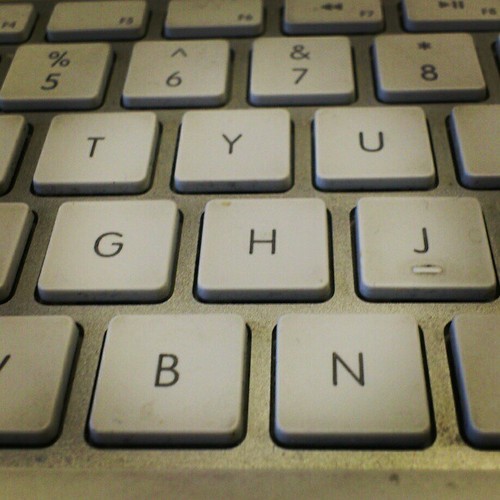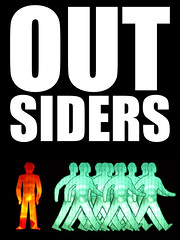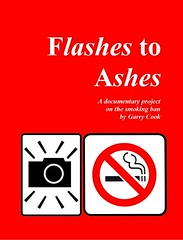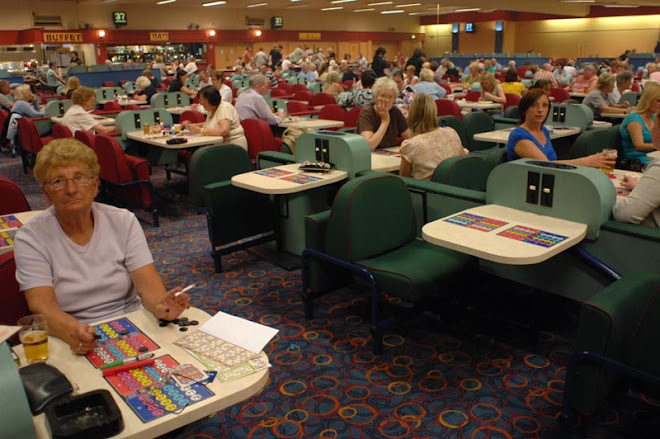In 2002, it was estimated there were 70,000 journalists working in the UK. In 2010, media expert Francois Nel estimated this figure to have fallen to 40,000.
The most recent figures I can find for the number of journalism students is 2009 when 13,229 wannabes applied for courses. The same article in The Guardian gives anecdotal evidence that only 50 per cent of journalism graduates can expect to get a job.
What I do know is that in 2012 this 50 per cent figure is likely to have decreased significantly.
I have witnessed first-hand redundancies and huge downsizing of editorial offices in the national and local print media. Job losses have been almost faultlessly constant over the last five years and the rate of redundancies – and of papers going from daily to weekly – is becoming more rapid.
And the question which keeps bouncing around my head is simple – why are universities still churning out graduate journalists when the jobs market has dried up?
As with most of my writing on journalism, the same principles and question apply to editorial photography, two professions inexorably linked*.
I was totally baffled when I read Chris Frost’s education article in the NUJ’s The Journalist magazine.
Frost, a professor in journalism, wrote extensively about issues of journalism training for teachers and students, while totally failing to address the lack of jobs issue. I felt I was reading a propaganda piece for university journalism study.
I do know why universities put on journalism and photography courses. They are popular, even with the introduction of tuition fees. The problem is universities look at the money they can rake in, not the actual prospects of the individual students.
In America, Fox News chairman Roger Ailes told students not to go into journalism if they want to change the world. It’s a bleak picture whichever way you look.
I was asked recently for advice about getting into journalism. Can you guess what I said? It was along the lines of: Don’t be f***ing stupid, get yourself another career.
And just to be clear, I have worked as a freelance journalist for nearly 20 years and have written for more magazines and newspapers that have died than any of you lot.
*NOTE: I'm only talking about editorial photography here. Other forms of photography have not been plunged crisis.
The most recent figures I can find for the number of journalism students is 2009 when 13,229 wannabes applied for courses. The same article in The Guardian gives anecdotal evidence that only 50 per cent of journalism graduates can expect to get a job.
What I do know is that in 2012 this 50 per cent figure is likely to have decreased significantly.
I have witnessed first-hand redundancies and huge downsizing of editorial offices in the national and local print media. Job losses have been almost faultlessly constant over the last five years and the rate of redundancies – and of papers going from daily to weekly – is becoming more rapid.
And the question which keeps bouncing around my head is simple – why are universities still churning out graduate journalists when the jobs market has dried up?
As with most of my writing on journalism, the same principles and question apply to editorial photography, two professions inexorably linked*.
I was totally baffled when I read Chris Frost’s education article in the NUJ’s The Journalist magazine.
Frost, a professor in journalism, wrote extensively about issues of journalism training for teachers and students, while totally failing to address the lack of jobs issue. I felt I was reading a propaganda piece for university journalism study.
I do know why universities put on journalism and photography courses. They are popular, even with the introduction of tuition fees. The problem is universities look at the money they can rake in, not the actual prospects of the individual students.
In America, Fox News chairman Roger Ailes told students not to go into journalism if they want to change the world. It’s a bleak picture whichever way you look.
I was asked recently for advice about getting into journalism. Can you guess what I said? It was along the lines of: Don’t be f***ing stupid, get yourself another career.
And just to be clear, I have worked as a freelance journalist for nearly 20 years and have written for more magazines and newspapers that have died than any of you lot.
*NOTE: I'm only talking about editorial photography here. Other forms of photography have not been plunged crisis.




